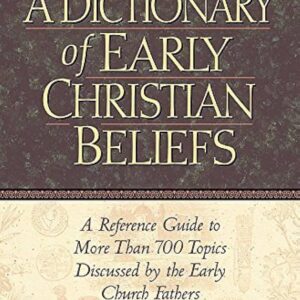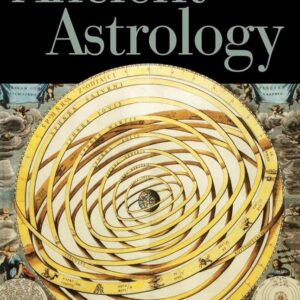Whatever merits one may still accord to Schleusner’s justly famous Lexicon? There is not a shadow of doubt that it needs to be superseded. Apart from the fundamental fact that his dictionary is not a dictionary in the usual sense of the term, but rather a collection of philological notes made from the perspective of the Hebrew word or words which a given Greek word translates in the Septuagint, the lexicon was published decades before the discovery of Greek papyri and inscriptions, which revolutionised our perception of the nature of the language of the Greek Bible. The importance of the Septuagint does not lie merely in its value for historians of Early Judaism, but also in the fact that it embodies quite a sizeable amount of texts witnessing to Hellenistic, Koine Greek. Some of the current lexica such as Liddell, Scott and Jones, and Bauer do make fairly frequent references to the Septuagint, but their treatment, by universal agreement, leaves much to be desired. Furthermore, the last several decades have witnessed remarkable revived interests in the Septuagint, not only on the part of scholars interested in the history of the text of the Hebrew Bible, but also those who study the Septuagint as a Greek text with its own interests and perspectives, not necessarily as a translated text. All these considerations make it imperative that we should have an up-to-date and scientific dictionary of the Septuagint. It was against this background that in the mid eighties I set out, together with Dr J.A.L. Lee, of Sydney University, in the compiling of a lexicon of the Septuagint of the Twelve Prophets.
Author: Takamitsu Muraoka
Format: PDF
Year: 2009
Pages: 798




Reviews
There are no reviews yet.